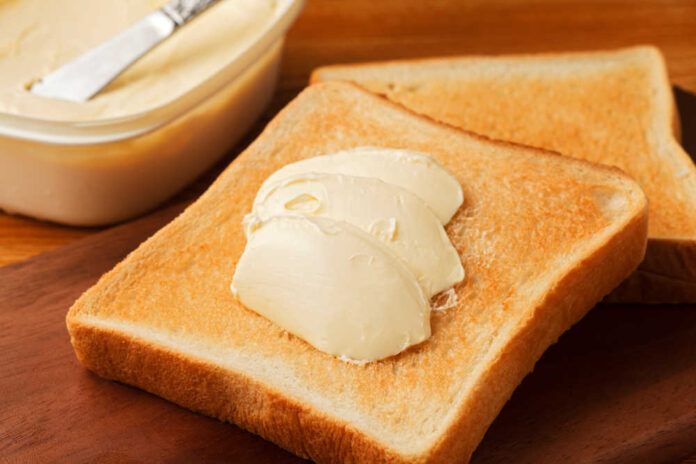
Trans fats are made by adding hydrogen to vegetable oil. This partially hydrogenated oil converts some of the liquid fat into solid fat. This makes baking easier and gives some foods a longer shelf life with less need for refrigeration.
In 2006, due to growing concern over potential health risks, the FDA required all food manufacturers to list trans fat content on their nutrition labels.
In 2015, after extensive research, the FDA issued a final determination that partially hydrogenated oils are NOT “Generally Recognized as Safe.”
And in 2018, the FDA issued a ruling that partially hydrogenated oils can no longer be added to foods—with some extended compliance deadlines to January 2021 for specific, limited, petitioned uses to provide a smoother transition in the marketplace.
Removing trans fats from processed foods is likely preventing thousands of heart attacks and deaths each year.
But there may be some foods in your kitchen that still contain trans fat.
Older Vegetable Shortening
Vegetable shortening is now made without trans fats, but if you have an older can in your cupboard, it may still contain trans fats.
Unopened vegetable shortening can last for years, so you may still have some in your home that predates the FDA’s restrictions.
Check the ingredient label to see if it contains partially hydrogenated oils or trans fats. You’re likely better off tossing it and buying a new one if it does.
Other Older Processed Foods
Similarly, if you have any other processed foods in your cupboard that were made before the FDA ruled on trans fats, they may still contain small amounts.
This includes:
- microwave popcorn
- nondairy coffee creamer
- crackers
- pastries and baked goods
- cookies
- canned frosting
- margarine
If these products were manufactured a few years ago and had been lingering in your pantry for a long time, they may still contain trans fats.
To be safe, check the ingredient label and avoid foods that list partially hydrogenated oils or trans fats.
Fried Foods and High-Heat Cooking
Trans fats can also be found in fried foods and other items cooked in high-heat oils.
The high temperatures used to fry foods can induce chemical changes in the oil being used, potentially creating and increasing trans fat content.
Beyond just the trans fats, fried foods are closely associated with other adverse health effects, including weight gain and an increased risk of heart disease and other chronic illnesses.
Meat and Dairy Products
Trans fat can also occur naturally in some animal products, such as:
- milk
- butter
- cheese
- beef
- lamb
- pork
- chicken
- fish
It’s not entirely clear, but the source of the trans fat found in meat and dairy products may come from animal feed. If the food the animal eats contains any trans fat, this may get passed on to the animal’s meat and milk and any products made from that dairy.
So it may be very difficult to avoid altogether consuming trans fat. Still, you can greatly reduce your exposure by significantly limiting or avoiding processed foods and maximizing your intake of fresh, whole foods.






















